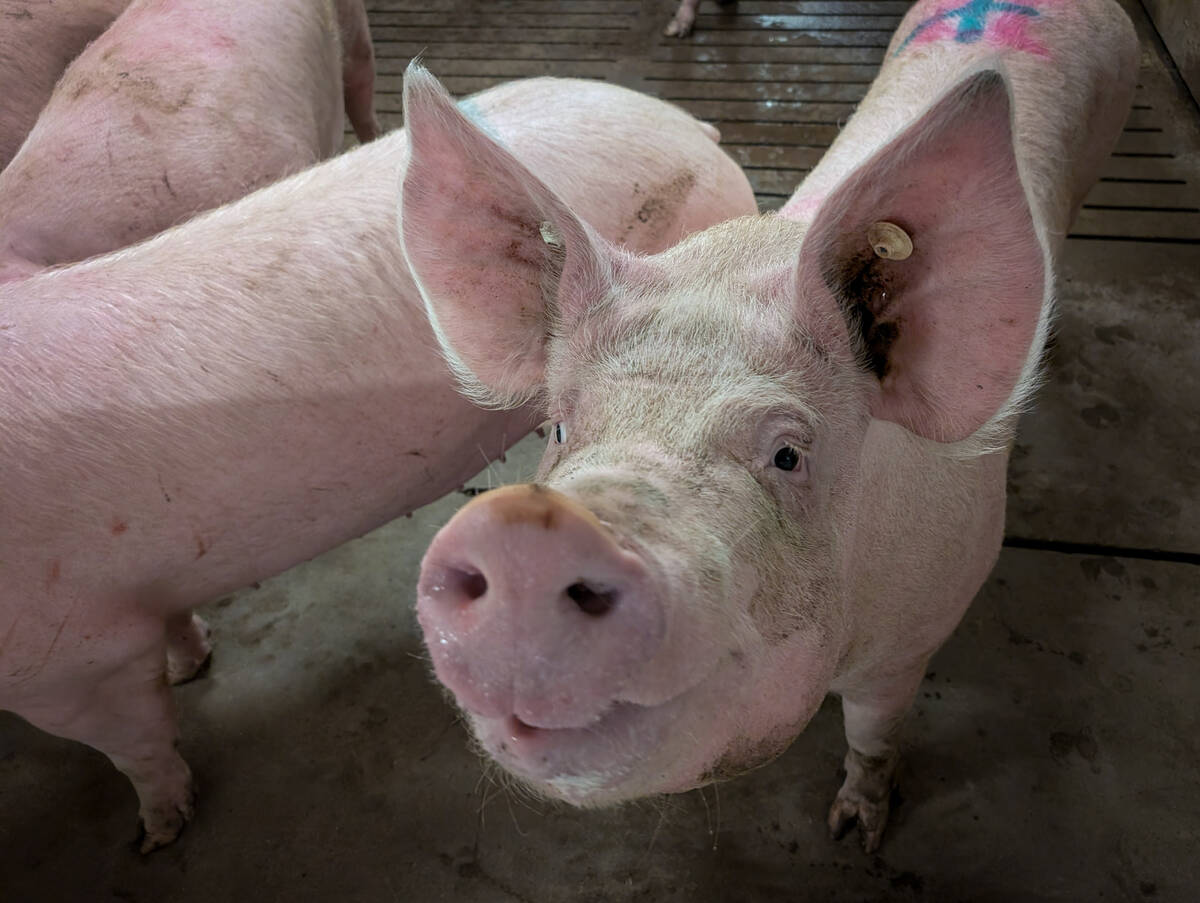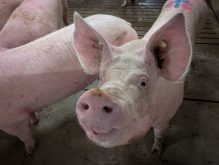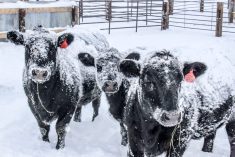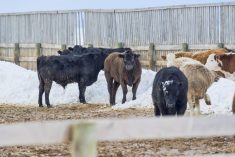Nova Scotia’s agriculture department will write off $10.3 million in debts from the last fiscal year, an amount made up mostly of defaults on loans to hog farms.
The “unusually high amount” on the ag department’s books is due to defaulted hog loan accounts under the provincial Farm Loan Board, the province’s finance department reported Friday.
The Farm Loan Board tries to recover such debts owing through the sale of property held as security, the province said. “Write-offs are necessary when this is insufficient in achieving full recovery of the debt.”
Read Also

Gene edited, PRRS resistant pig approved in Canada
Canada has given its stamp of approval to pigs gene edited to resist porcine reproductive and respiratory syndrome (PRRS).
Hog farming in Nova Scotia was “heavily subsidized” by government for “many years,” the finance department wrote Friday.
When support was “discontinued” by Nova Scotia’s previous Tory government in 2007-08, many hog farmers were unable to sustain their business due to low pork prices and rising production costs.”
The ag department’s write-offs were on a list of $16.2 million in debts the province considers “unpaid or uncollectible” as of March 31, 2010 for the 2010-11 fiscal year.
Student loans, pharmacare premiums and other unpaid fees were among the write-offs from eight other provincial departments.
“Write-offs are a routine accounting process as part of preparing the province’s public accounts and do not impact Nova Scotia’s deficit or surplus position,” Finance Minister Graham Steele said in a release.
“Although written off from an accounting point of view, the province will continue its efforts to collect the debts.”

















